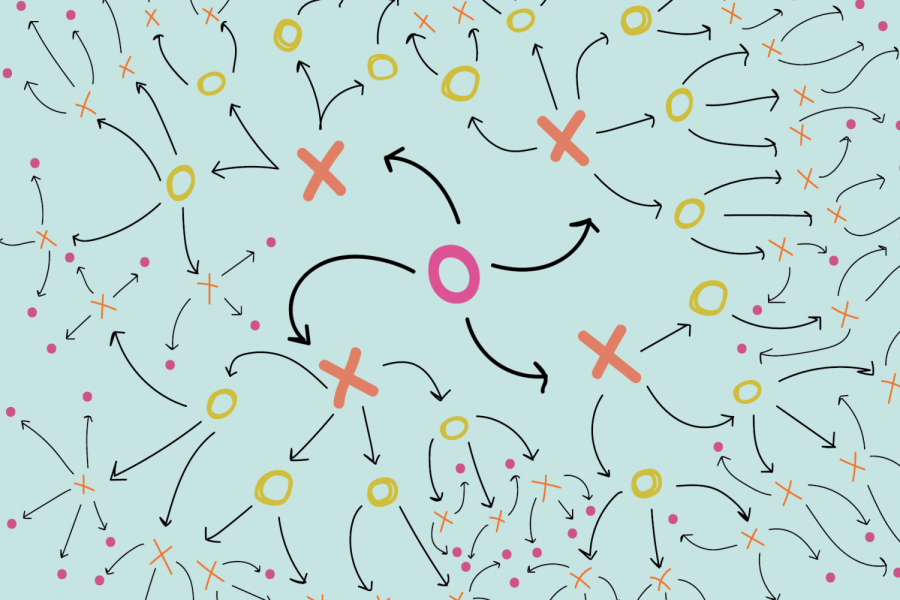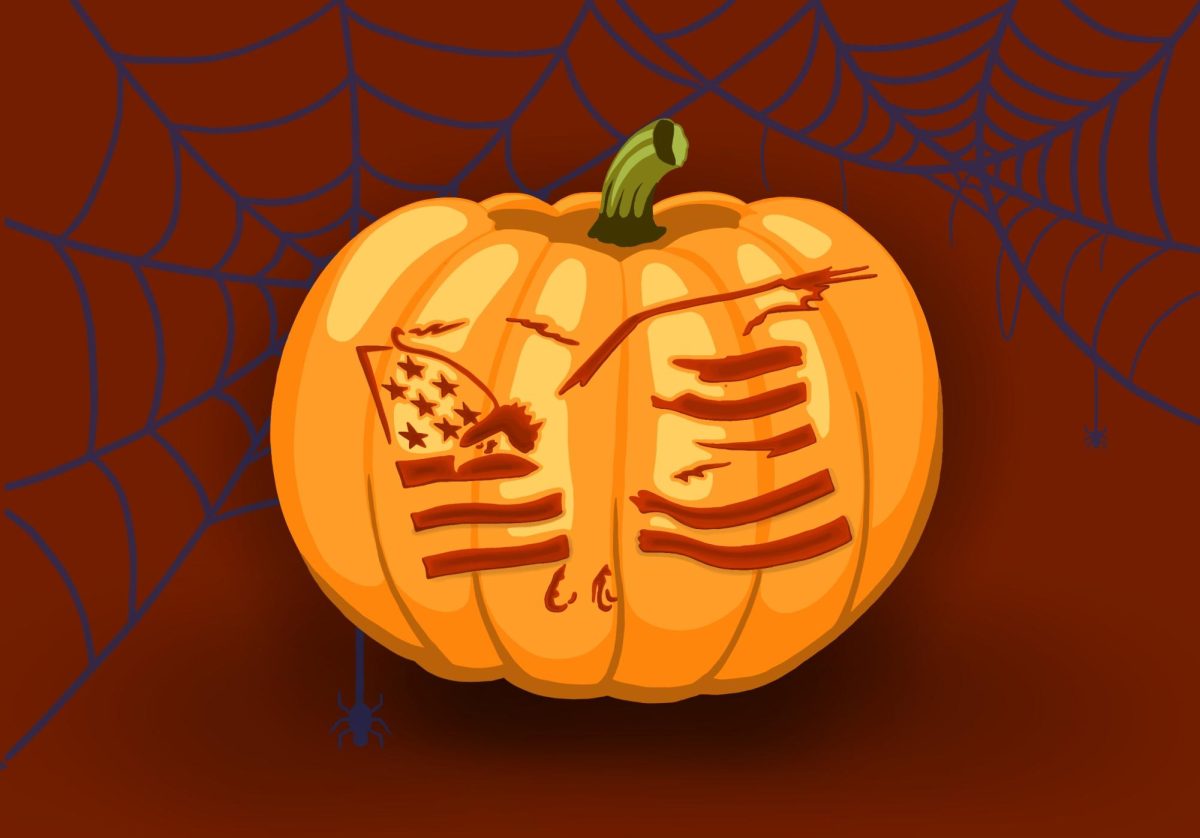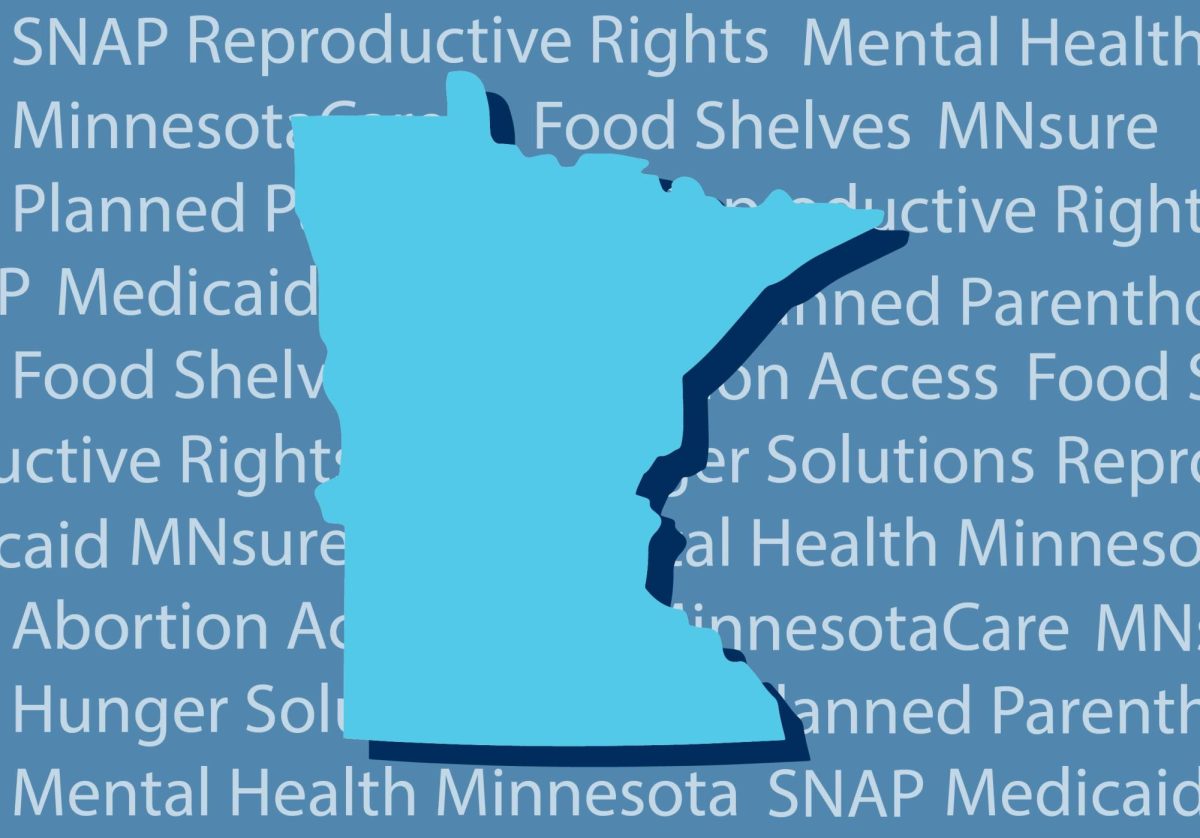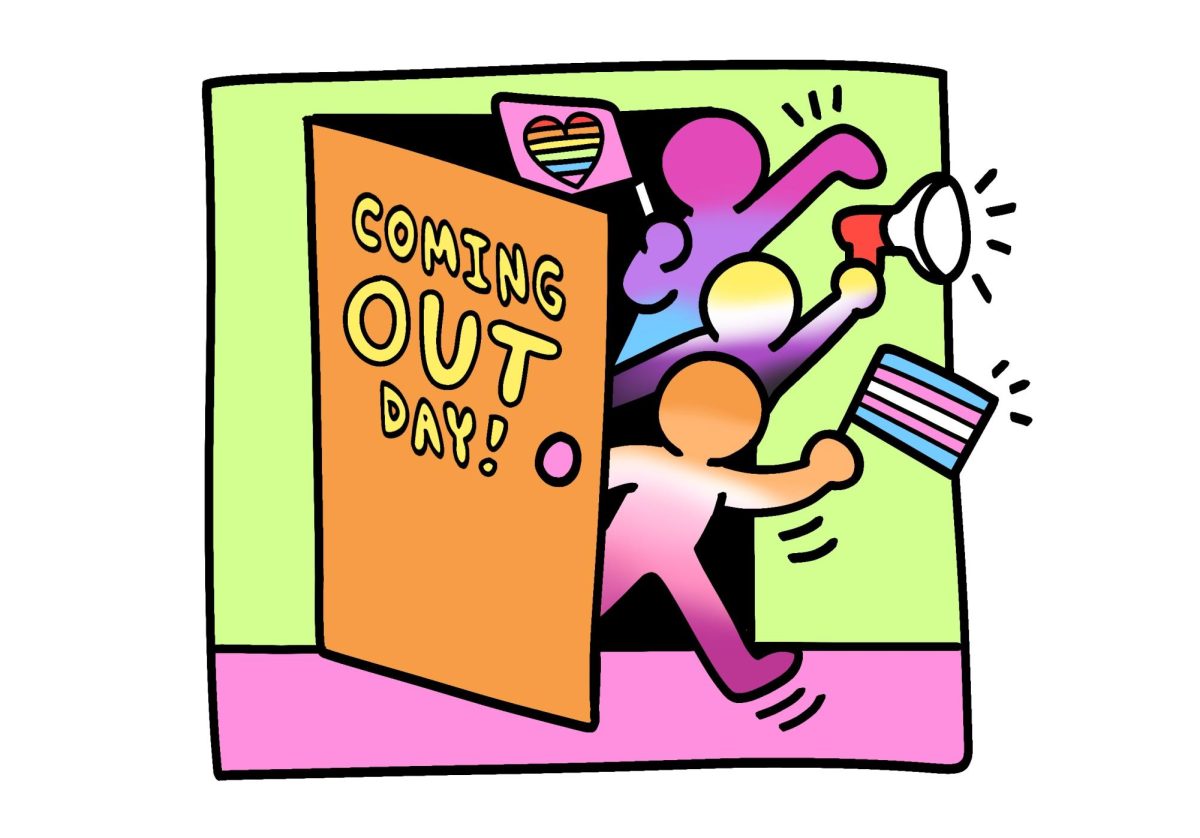Think about all of the people you know. Which of them might be the most likely to help you get a job?
You might be tempted to think of a close friend or family member who knows you well and cares about you deeply. In the study of social networks, these relationships are called “strong ties.”
However, according to consistent findings in the social sciences, it is actually your “weak ties,” the people you know less well, who are more likely to help you get a job. Hence the title of a famous paper on the subject, “The Strength of Weak Ties.”
That paper, by Stanford sociologist Mark Granovetter, has become immensely influential since it was published in 1973. According to Google Scholar, it has been cited more than 68,000 times.
“As a source of new ideas, new information that’s not in an echo chamber, that weak tie argument has a lot to go for it,” said David Knoke, a sociologist at the University of Minnesota. “Because if you think about how you discover something new, you want to find out more about it, and so on. You don’t talk to people you already know, ’cause you probably heard everything they had to say of importance.”
Therefore, weak ties can be a better source of new information.
This phenomenon has only accelerated in the internet age. On social media “you have so many weak ties,” Knoke said.
People can use social media to solicit information from their weak ties, he said.
“Now, those weak sources don’t have your best interests at heart. They barely know you. You’ve gotta be somewhat skeptical about it, but it gives you a lead to look into,” he said.
One recent online study has supported Granovetter’s thesis. A large study of 20 million LinkedIn users, published in 2022 in the journal Science, found that stronger ties were less likely to lead to a job opportunity than weaker ones.
But this isn’t an unalloyed good, said Jessie Daniels, a digital sociologist at Hunter College.
“The strength of those weak ties is tied to other forms of social power,” she said. “There’s, classically, literature about how cis, white, heterosexual men in business use the strength of weak ties to go play golf together and, therefore, trade informal information and opportunities on the golf course – in places that traditionally exclude women of all races and people of color.”
But not all research agrees that weak ties are always better. For example, a 2017 paper published in the Journal of Economic Behavior & Organization looked at social ties across 55 countries. The researchers found most jobs came from weak ties.
However, a single strong tie was more valuable than a single weak tie, according to the paper. The authors argued more jobs came from weak ties because they are more numerous — not more helpful. Additionally, an individual strong tie matters more in countries with higher income inequality.
University sociologist Yanjie Bian has published research on strong and weak ties in China. In a 1997 paper, Bian wrote the use of strong ties in China complicates Granovetter’s thesis.
“The existence of these strong-tie bridges challenges the strength-of-weak-ties hypothesis, but does not totally disqualify it,” according to Bian.
Knoke pointed to Bian’s 2019 book “Guanxi: How China Works” as an example of work that challenges Granovetter’s thesis. In that book, Bian writes that guanxi, or close personal relationships, continue to play a major role in how people in China find jobs.
“I’m not aware of any Western-based, European or North American analysis that really just slays it,” Knoke said about the “strength of weak ties” thesis. “I still teach it. I literally did it last week in the graduate seminar. And so it’s been passed on from generation to generation. But maybe somebody needs to take a close look and see, maybe it doesn’t apply everywhere.”
While subsequent scholars have complicated Granovetter’s original thesis, the strength of weak ties remains a powerful idea for understanding our social world.












